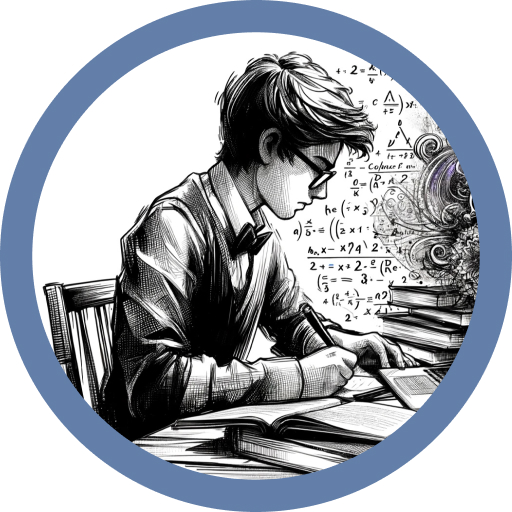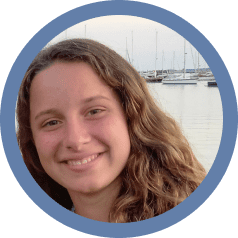This website doesn’t use many cookies but there are a few. Learn more. By clicking “Accept” you agree to the temporary storing of cookies on your device.
Back in 2005, Caroline was a senior at UNC-Chapel Hill and like most seniors, was trying to figure out what to do after college. At the insistence of a friend, she attended a Teach For America presentation and was drawn in by its mission to provide an excellent and equitable education for all students no matter their background. So, Caroline applied for the program and got in. She now had a post-college plan and was on her way to becoming a teacher.
Growing up, my dad was a chemist and a senior researcher for agricultural companies. He loved his job and wanted my brother and I to share in his passion for science. So whenever we had some free time, my dad would always convince my brother and I to do science experiments with him. He had this Janice VanCleave kid science book and we went through every single activity. We grew crystals in our dining room, separated marker ink with coffee filters and flew paper airplanes, and then he taught us how to explain the phenomenon that we were observing with scientific language and principles. My dad’s efforts were not in vain - I did in fact fall in love with science and went on to major in chemistry in college and become a science (and later, a math) teacher. I also learned to approach much of what I do or see as a puzzle to be solved and explained.
In my own classroom or tutoring sessions, I model a lot of what I do after my dad. I try to engage students with hands-on, inquiry-based activities and then guide them to find the underlying science or math principles behind what they’re seeing. My students and I have made ice cream in a bag to talk about states of matter and freezing point depression and slime to discuss polymerization. We’ve analyzed blood splatter from crime scenes using trigonometry and painted murals by transforming geometric shapes to make different patterns. Learning should be fun and tied into the real world as much as possible.
Lastly, I am a firm believer in teaching students to have a growth mindset. Math and science can be challenging. Not only do I cover content, but I teach students how to persevere through hardship and how to view any hiccups, failures or mistakes they may encounter as learning opportunities. My hope is that all my students leave my classroom or tutoring sessions more critical, creative and confident thinkers than they were before.

“My hope is that all my students leave my classroom or tutoring sessions more critical, creative and confident thinkers than they were before.”
“Caroline is easy to work with and helps me understand anything I am confused about. She’s also good at helping me when I’m struggling with homework.”

“Caroline’s system is awesome and I love the content that we’re learning about in chemistry. We’ve been able to learn about a lot of interesting concepts.”
